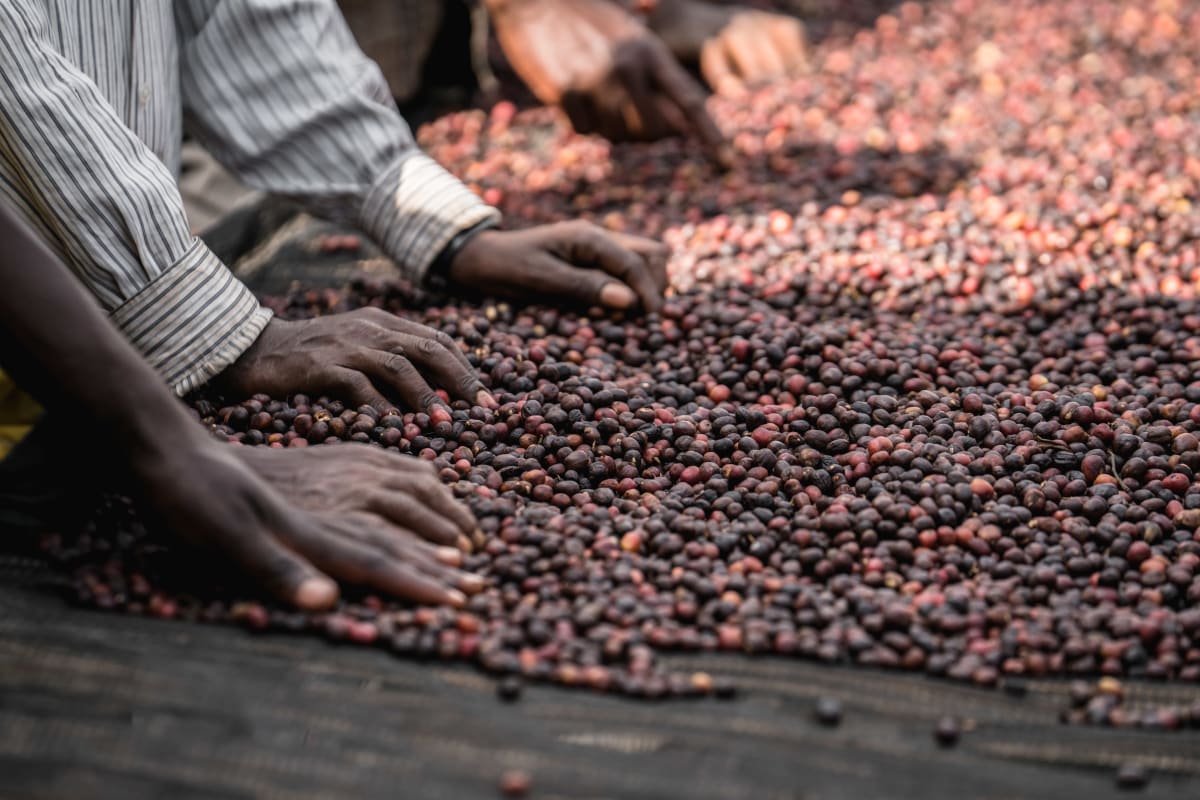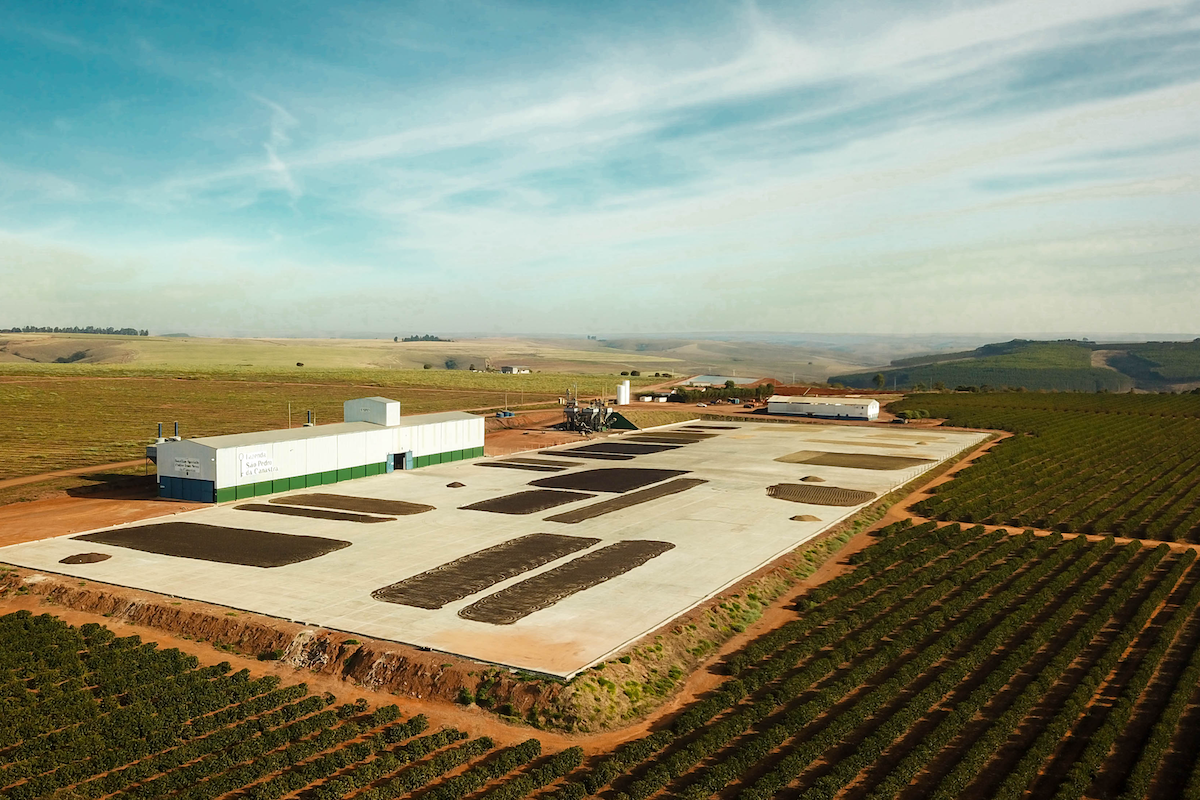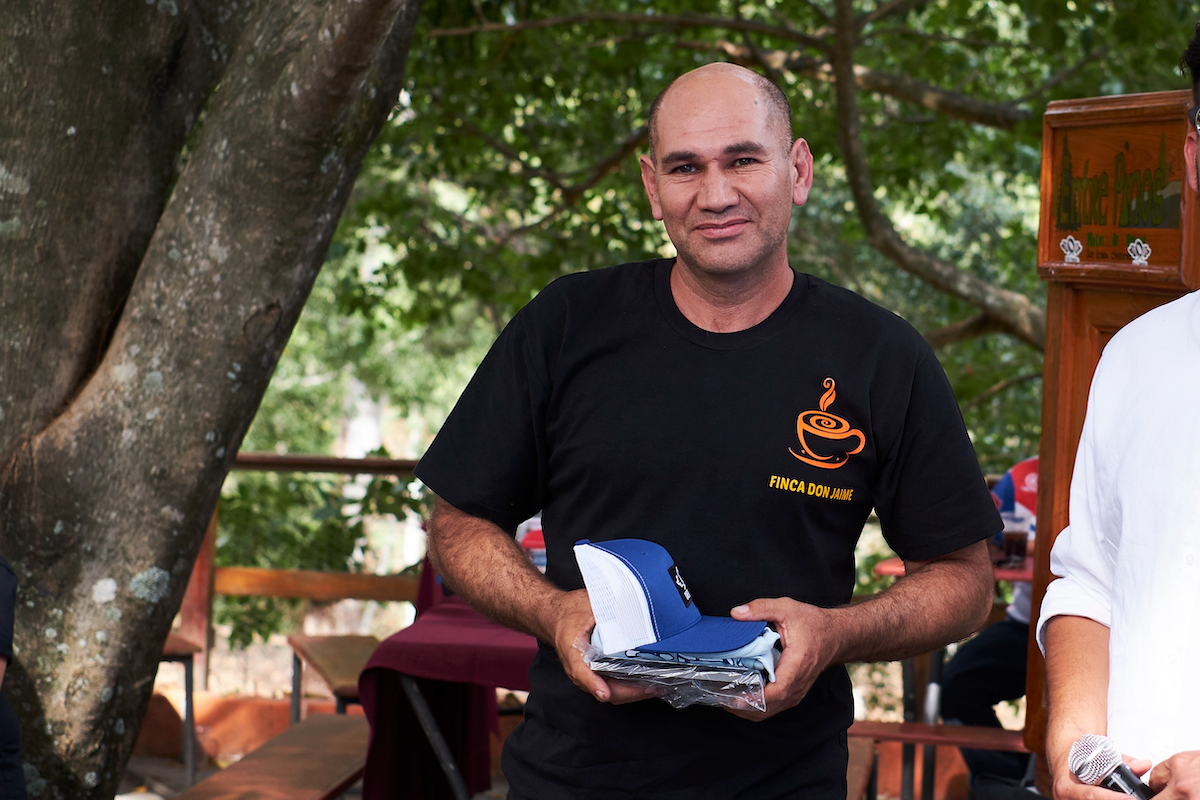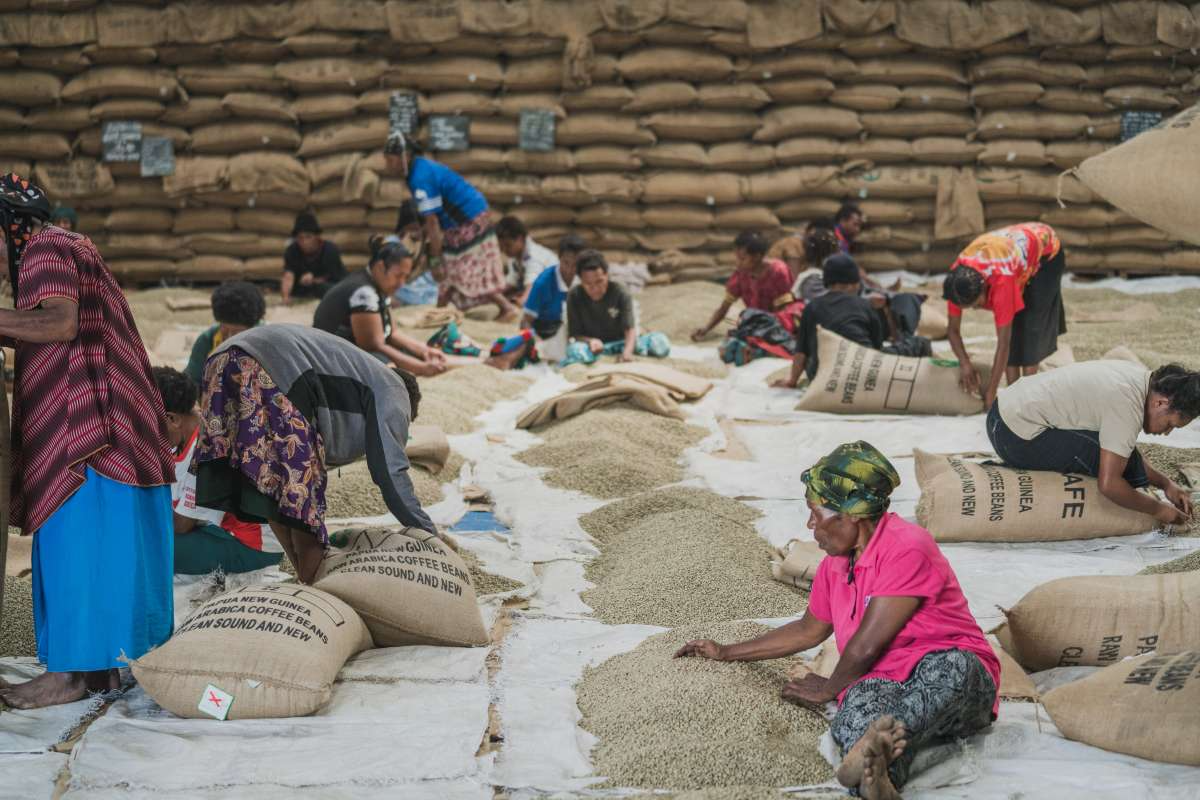Ethiopia Guji Guribea

Producer Esaias Beriso Arere has a 32-hectare estate, perched at an impressive altitude of 2350 meters, boasts red clay soil, defining the distinguished origin of this exceptional coffee.
The Ethiopian Commodity Exchange (ECX) was established by the Ethiopian government in 2008 with the intention of allowing marketplace access to farmers growing beans, corn, coffee, and wheat, among other commodities. At its inception, the ECX rules dictated that any coffee not produced by a private estate or a co-operative society was required to be sold through the Exchange, which established guaranteed price and sale for farmers, but by design, it took the “specialty” out of the coffee and turned it into a commodity, removing all traceability aside from the most basic regional and grade information.
In March 2017, the ECX voted to allow private exporters to own and operate washing stations and bypass the ECX for export. Cooperatives no longer needed to export through a Union or the ECX. Smallholders with 2+ hectares of land could obtain export licenses, and smaller farmers could pool coffees together to export. This allowed for traceability not scrubbed by a commodity market.




Comments